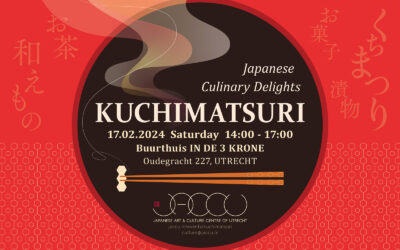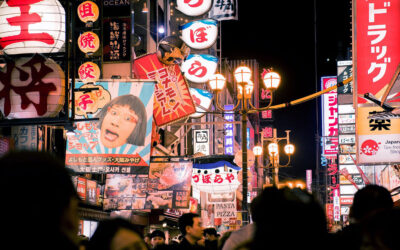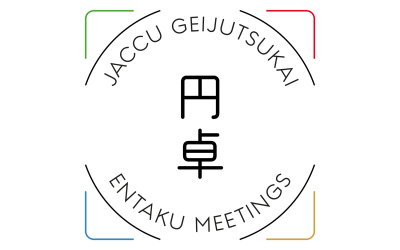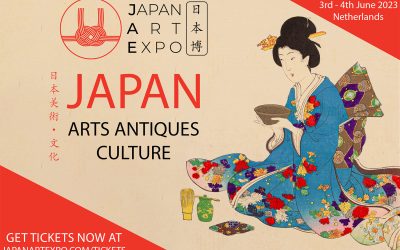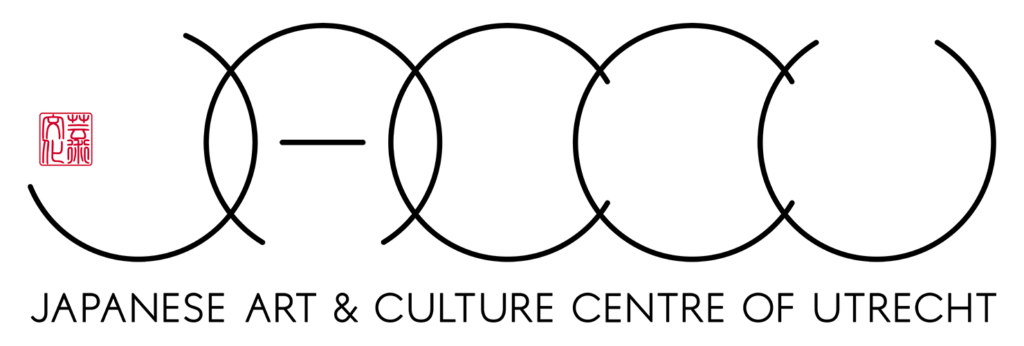11 years of teaching experience
After graduating from Leiden University, I started teaching Japanese language classes and doing translation work. Sometimes I received simple commissions, such as user guides, recipes, or a book about origami. I also provided subtitles for television shows and documentaries such as the show ‘Memories’ from KRO. These were all small gigs however, so my main occupation remained teaching the Japanese language to individuals and groups. I still enjoy doing this after 11 years.
Translation of “Before the Coffee Gets Cold”
Last year I completed my first translation of a literary work: koohii ga samenai uchi ni by Toshikazu Kawaguchi. My Dutch translation ‘Voordat de koffie koud wordt’ (Before the Coffee Gets Cold) was published by Uitgeverij Meulenhoff in August of 2020.
The novel is about a small coffee shop in a Tokyo alleyway. There are only a few seats at the bar and some tables. According to an urban legend, one can travel back in time when you take a certain seat and order a coffee. However, there are several limitations to this time travel. For one, your actions during the time travel period will not affect the present, and you have to drink your coffee and return before it gets cold. The book follows 4 women who decide to travel through time. The first woman wants to confront the man who left her, the second to find a letter from her man whose memory has disappeared due to Alzheimer’s. The third wants to speak with her sister one last time, and the fourth wants to meet her daughter for the first time.
Challenges
One of the difficult yet interesting aspects of literary translation is finding the right translation for so-called realia. Realia are words that are typical for a culture, such as dishes or clothing. Words like sushi or kimono can be found in the Van Dale, but many other terms are not. For example, in the book I translated we find the word genkan. A genkan is the entrance of a house in Japan, a place where you take off your shoes before you step into the house, which is slightly elevated compared to the genkan. It is not a proper hallway, but more of a small passage. In this case, one can choose to just leave the word genkan as is, and give further explanation by way of a footnote or word list. Unfortunately, a heavy reliance on footnotes does not make for a pleasant reading experience.
Another challenge is the translation of puns, or a play on words. I remember a phrase in which a waitress explains to a customer that the lady sitting on a certain chair is an apparition. The Japanese word for ghost/apparition is yuurei. The customer cannot believe what she has just heard, and thinks she might have misunderstood. “Perhaps she said kourei?” Kourei is a word one could translate as ‘elderly’, or ‘of old age’. After this we find the customer reflecting that she cannot imagine the woman in the chair as someone of old age. Surely, she did not say ‘elderly’.
The problem from a translator’s perspective is that yuurei and kourei rhyme. The words are similar in sound, so one can imagine the customer confusing the two. Because of this, I had to now find two words of similar sound which also hold the association of ‘apparition’ and ‘elderly’. I had racked my brain about it several times until a student of mine presented me with a brilliant solution. Why not use ‘ze is een geest’ and ‘ze geeft bijna de geest’. As a reader one can now imagine a miscommunication, and the meaning of ‘elderly’ we can see in ‘bijna de geest geven’.
Finding these kinds of solutions is one of the wonderful challenges of translating literature, though it is also possible to use a translation in a different language. I had in my possession the English translation as a reference, but unfortunately, the English translator had left out these five sentences, having not found a solution to this problem.
It is important to translate literary works straight from the source material.
It is incredibly important to translate literary works straight from the source material, and not from another translation. A translation is always an interpretation of the translator, so each translation of a book will always differ from another one. Once you start translating a translation, you lose a certain nuance and also risk copying the errors of the first translator.
My first literary translation was thus a beautiful adventure. Expertisecentrum Literair Vertalen (ELV) facilitated a mentorship which was of great use to me. My mentor, Luk van Haute, is an experienced translator of Japanese into Dutch, and helped me enormously in writing something that can be read smoothly. Letting go of the Japanese text in order to create a story that reads with ease was something that I still struggled with. After lots of rereading and rewriting I can safely say I am proud of my debut translation. Though it gave me some stress, I was thankful every day that I had the opportunity to learn, and for this I owe my experienced mentor a great deal.
I look forward to translating other books in the future. Whether I would want to become a fulltime translator, I do not know, but for now the combination with teaching is ideal for me.
Maarten Liebregts
Japanese Language Teacher
Japanse Les Utrecht
Maarten Liebregts (1984) has studied Japanese at an academic level at Leiden University for 5 years, of which 1 year at the University of Nagasaki, Japan. During his 3 month long internship in Tokyo he gained experience in translating Japanese.
After graduating in 2009 with a Bachelor’s Degree in Japanstudies, Maarten started teaching Japanese lessons of various levels of proficiency both one-on-one as well as in a group setting.
Since 2014 he has been the main teacher of Japanese at the Volksuniversiteit Utrecht. He also translates texts and provides subtitles from Japanese to English or Dutch.
NEWSLETTER
NEWS & ARTICLES
Circle Percussion 50th [+1] Anniversary Concerts
Battle for Drums Join us as we celebrate the 50th anniversary of Circle Percussion, Europe's oldest taiko performance group. Established in 1973, Circle Percussion, hailing from the Netherlands, presents an unforgettable musical journey blending traditional Japanese...
KUCHIMATSURI – A Festival for Your Mouth
Japanese Culinary Delights We extend our warmest invitation to join us at "KUCHIMATSURI | 口祭り", an enriching culinary-cultural event hosted by JACCU Bunkakai Team. Taking place on Saturday, February 17th, at the beautiful Oudegracht of Utrecht, this gathering offers a...
Head of Marketing & Communication
JACCU is looking for a Head of Marketing & Communication JACCU, the Stichting Japanese Art & Culture Centre of Utrecht is a young NPO based in Utrecht. Our mission is to disseminate Japanese art and culture in its broadest sense, enriching the cultural landscape of...
Entaku Meetings #2
JACCU Art Platform continues with Entaku Meetings The new project of JACCU Art Platform to strengthen the support for Japanese culture in the Netherlands: a series of Entaku (round table) meetings for artists, makers and creators whose work relates to Japan. After an...
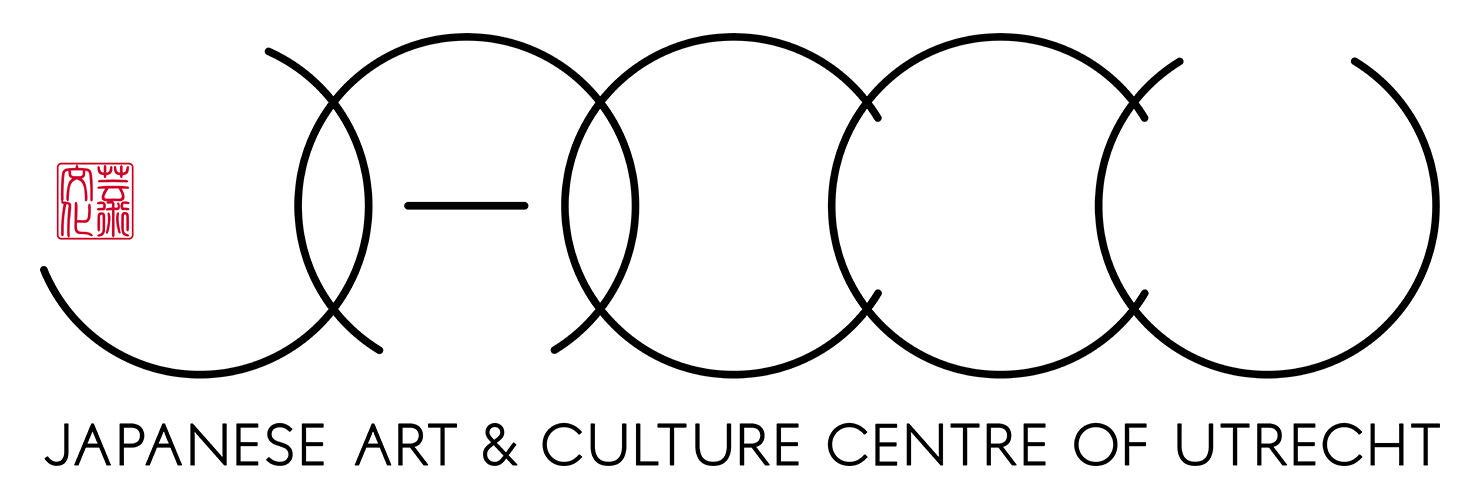
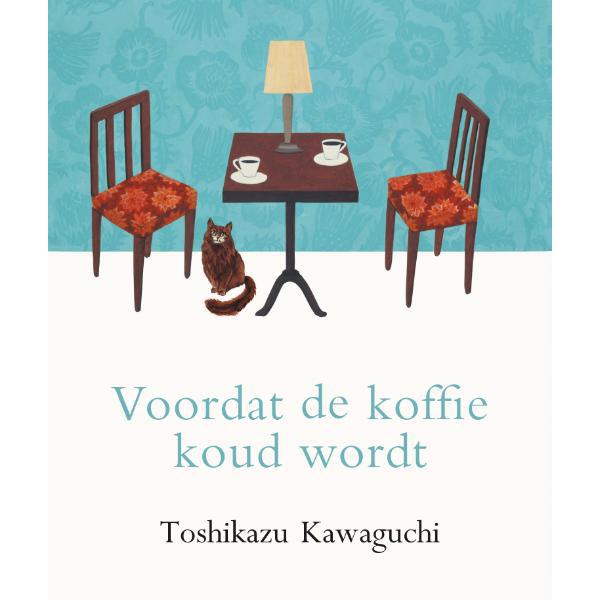
![Circle Percussion 50th [+1] Anniversary Concerts](https://jaccu.nl/wp-content/uploads/2024/03/CP-designs-Website-400x250.jpg)
